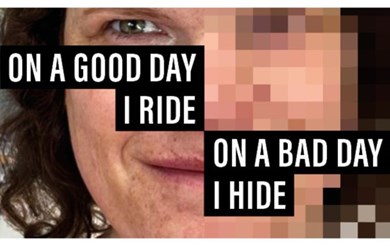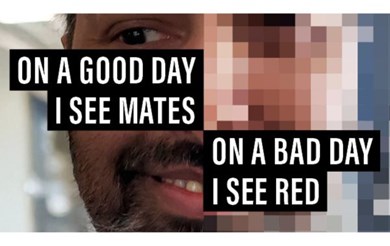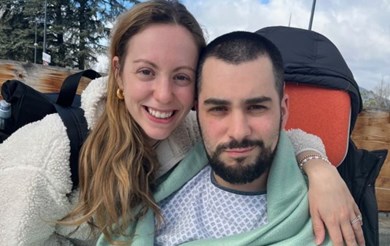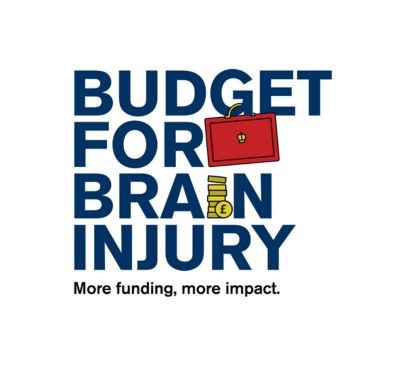Headway UK urges the Chancellor to ‘Budget for Brain Injury’ ahead of the Autumn Statement and ABI Action Plan.
Chief Executive Luke Griggs has written to the Chancellor with a clear message: brain injury survivors and local Headway charities cannot be forgotten in this Autumn Statement. In his letter, Luke has warned that without sustainable funding, the lifeline services so many rely on are at risk of disappearing.
Luke wrote:
“These charities are vital partners to government and local authorities in supporting survivors and families, but many are struggling to survive. Without them, families face unbearable pressure. Carers will be left without respite and unable to meet loved ones’ needs, leading to breakdown. This will force local authorities to step in with costly long-term care, such as residential placements or supported living.”
These aren’t just words on paper. The reality is stark: seven local Headway charities have closed in the past three years – two in the last month alone. Three volunteer-led branches have also shut down, leaving survivors and carers without the help they desperately need.
Our recent When Funding Fails report revealed that only 37% of local charities believe they can keep going for the next five years without urgent changes. Without action, families will face unbearable pressure, and councils will be forced to fund costly long-term care instead of community-based rehabilitation.
That’s why we’re calling on the Treasury to:
- Ringfence funding for community-based brain injury services.
- Invest in vocational rehabilitation to help disabled people return to work.
- Support programmes that reduce reoffending through brain injury awareness in the criminal justice system.
Luke further wrote: “While we welcome the publication of the Minister’s forthcoming ABI Action Plan, any such plan must be matched by financial commitment. I recognise that the government’s funding options are limited at present. However, there are clear opportunities for the Treasury to invest in supporting brain injury survivors.”
We stand ready to work with ministers to make sure no one faces life after brain injury alone.











